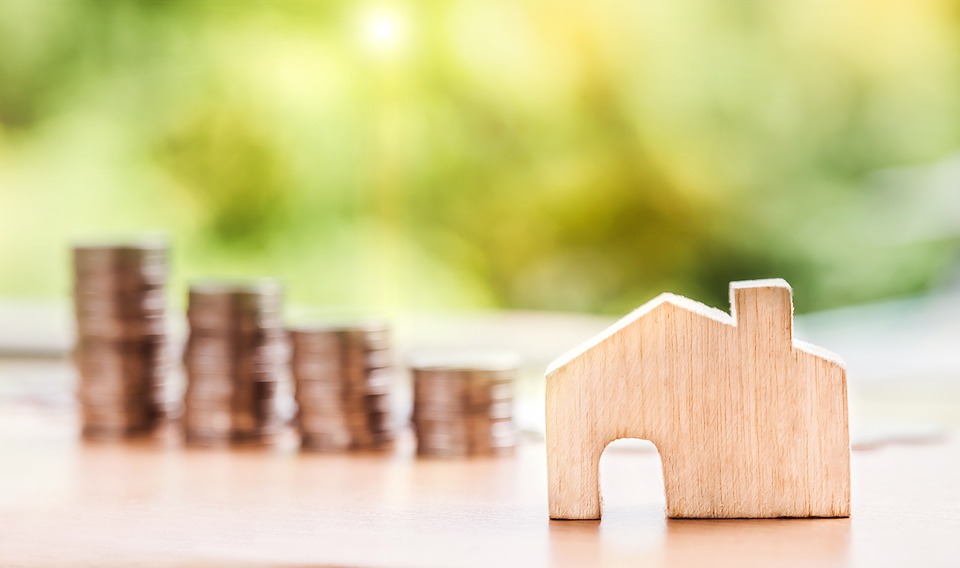
Investing in real estate is probably one of the smartest things to invest in. Why? Because of the price of land and property never really falls. Yes, the economy can go through a turmoil which may reduce the price of your investment, but your property investment can never really crash. Unless you make some exceptionally wrong investments. So, if you are an amateur in the real estate market, here are 5 tips to get you started.
- Always know your budget
Before you even start looking at properties, be aware of how much you’re willing to invest. Ask your bank for a pre-approval on your investment loan, that way you will know exactly how much you will be allowed to borrow. Then start looking at places which are well within your budget. Agents get commissions based on the size of the investment, so they will try to make you look at properties which are higher than your budget. After all, the more pounds you spend, the more pounds they make.
- Look at return, not a luxury
When you walk into any house or flat, the first thing that creates an impression in the interior. If it is modern and luxurious, you will tend to fall in love with it. But always remember, interiors can be created through the simple process of renovation and interior designing. Look at the location of the investment, the surrounding houses, the area and the return on investment. Interiors can be changed at any time. So before you buy a place because of how it looks inside, stop to think about if it is liveable. And more importantly, is it investable?
Check the following tips to ensure a fruitful return in real estate investing:
- Choose a real estate property in nearby developing communities because there’s a higher chance of gaining higher profits once the place is fully developed.
- Search for rental properties in marketplaces and social media. Basically, utilize all possible online resources to find out the best properties that can give you a good profit.
- Avoid waiting for too long to invest. Once you’ve found a good catch, go for it because waiting will just mean waiting for your competitors to take them first.
- Have all your debt under control
When you take an investment loan from the bank, you already know how many years and hundreds of pounds it will take you to repay it back. So if you have any major debts which are currently not cleared – student loans, house loans or pending credit card bills (which can be really high), do not take a new loan. The experts in property management in London suggest that you should not spend more than 30% of your monthly income on repaying loans. So, make sure you’re not writing cheques that your monthly income can’t pay!
- Invest in rental properties
The advantage of rental properties is that while you’re paying off your loan, you’re also making money from rent. So essentially, your bank balance isn’t falling. At the beginning of the month, you pay a monthly instalment to the bank, a few days later your tenants pay the rent. Let’s say you’re investing in property now for the long-term future. Invest in a three or four-bedroom house or apartment, give it out on rent and make money as a landlord. Eventually, you can use it as your own family home.
Investing in rental properties can be a great way to make money if you know how to invest properly. You can make great money, and you won’t have to worry about the upkeep or the expenses of the property that you own. You can rent out the property to other investors or tenants on a long-term basis. When you make the rent money, you can put the money back into your own investment account.
Here are some tips when investing in real estate properties:
- When you’re looking into potential rental investments, you need to make sure that you check them thoroughly before buying them. Check the plumbing and electrical systems, as well as the roof.
- Make sure that you have the best tenants that you can get to live there. You should also make sure that you take the time to talk to the current tenants about their experience with the property.
- If you do purchase the property, make sure that you make repairs in a timely manner. Be sure that you have someone inspect the building each month and make necessary repairs and keep the property up to code.
- Don’t allow new tenants to move in too soon. You want to give them ample time to learn how to be a responsible renter.
- Buy, renovate, sell
This process of buying properties, changing them up and selling them is known as house flipping. You basically buy a sort of run-down bargain home, so to say. But before you buy this property, you need to be well aware of the cost of renovating and how much work you’ll have to put into the house. Do not buy the property until you know everything that you need to change, and you know how much everything will cost you. Buy the house, spend some money to make some changes, and then sell it at a much higher value. But be very careful before you buy such property – as rewarding as it can be, it can also be very risky.




 POSTED BY
POSTED BY 

